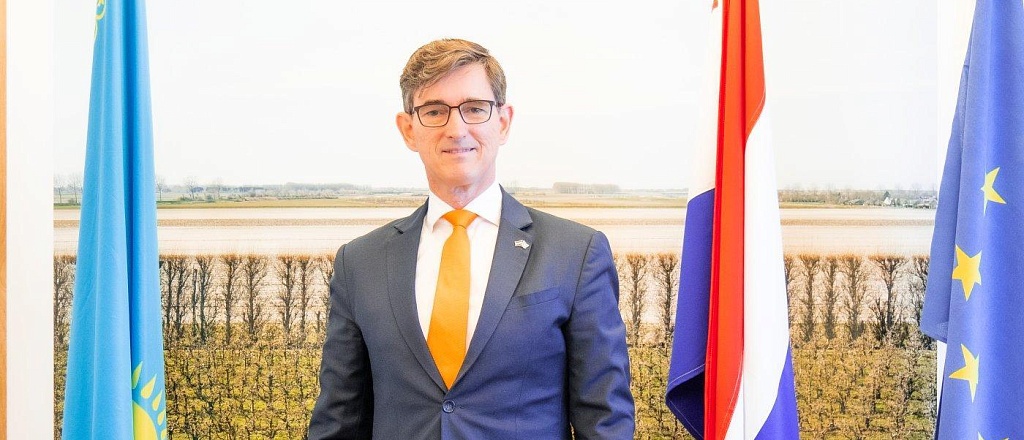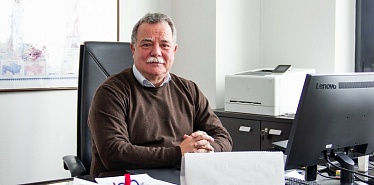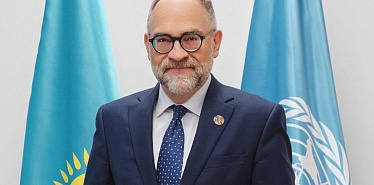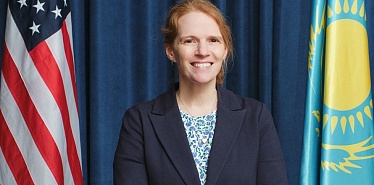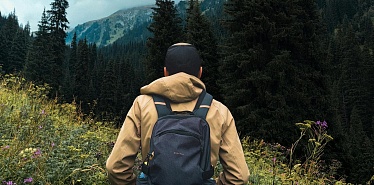What are the key tasks of the Dutch Ambassador in Central Asia, and what are the main directions of mutually beneficial cooperation he aims to support in Kazakhstan.
Nico Schermers, city – Astana, Ambassador of the Kingdom of the Netherlands to Central Asia, @nlincentralasia, @nicoschermers
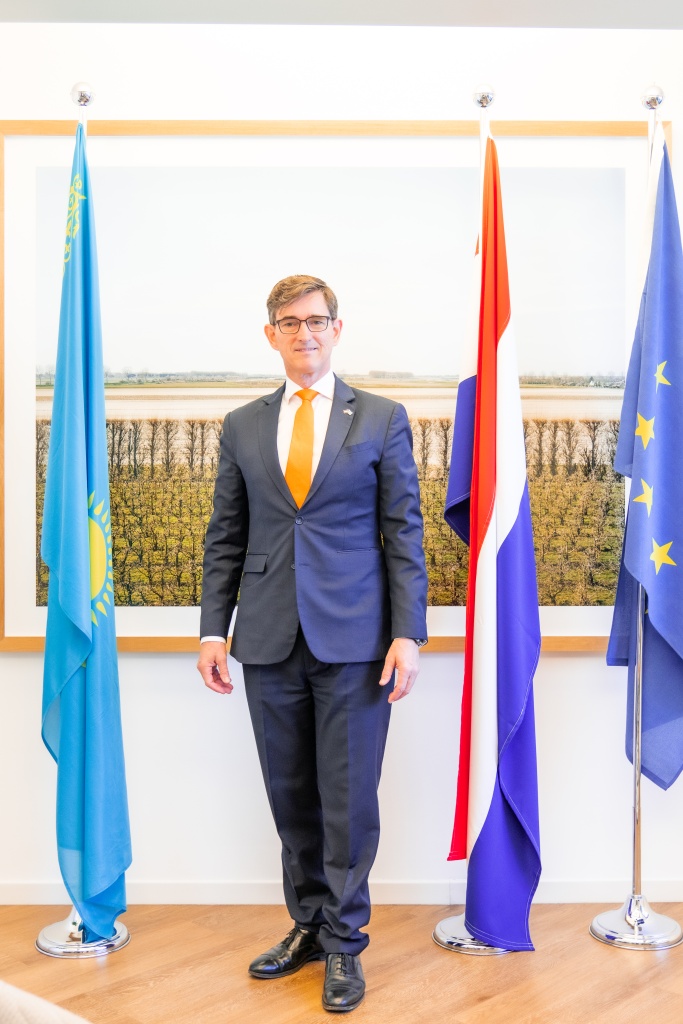
About me
I am the Dutch Ambassador to Kazakhstan, Kyrgyzstan, Turkmenistan, Uzbekistan, and Tajikistan.
As a child, my hobby was astronomy, and I knew everything about planets, black holes, and supernovae. After school, I enrolled in university to study astronomy but soon realized that mathematics wasn’t my strength, so I changed my major. I remembered that at the age of seven or eight, I was the person in the house who picked up the newspaper and started reading the foreign policy pages. That’s why I switched to political science and international relations. The best thing one can do in international relations is to become a diplomat.
My first diplomatic mission was in Egypt in 1998, where I worked in the economic department. Egypt is a fascinating country. I explored much of it, fell in love with deserts there, and even learned a bit of Arabic. In Egypt, I also learned how to dive and started scuba diving — it’s a fantastic place for it. Living in a foreign country with a culture so different from my own was a wonderful experience. That’s when I realized I loved it and decided to continue my career as a diplomat.
After Egypt, I worked in Belgium, the Netherlands, Indonesia, and Australia. My previous mission was in Armenia, where I helped open the embassy, and then I came to Kazakhstan.
About my work
I arrived in Astana in September last year and have been establishing connections with five countries simultaneously for over a year now. It’s quite a challenging task but also a fascinating one.
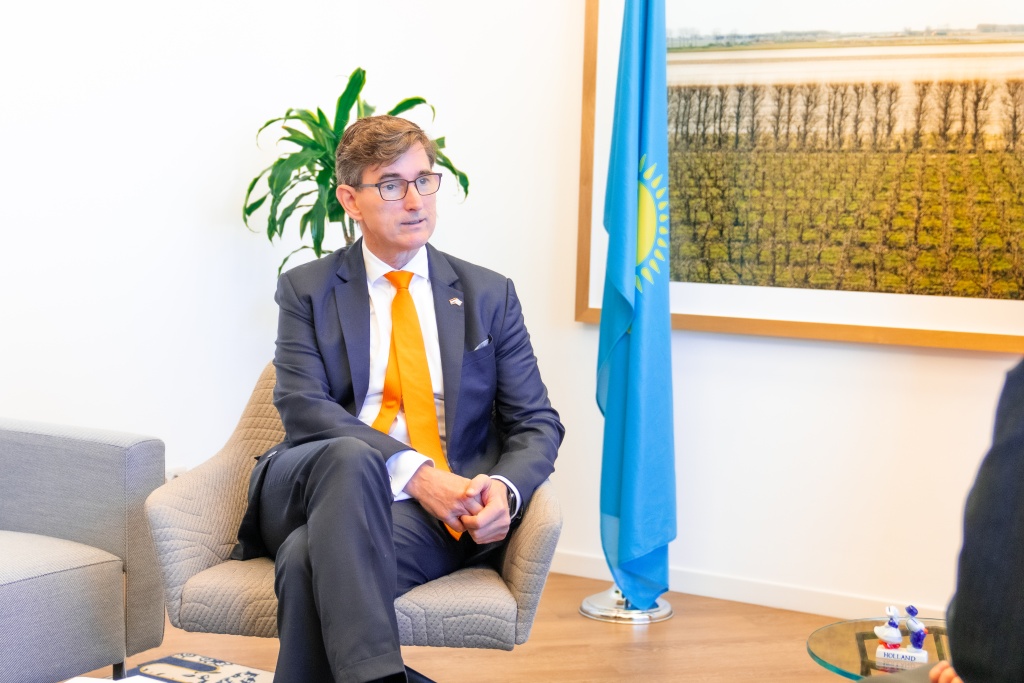
The embassy’s main goal is to expand our presence in Central Asia. Historically, the region and the Netherlands haven’t had extensive ties. In the past, you were nomads on horseback, while we were nomads of the sea.
Here’s an interesting fact: when I was in Armenia, I learned that tulips originated there. In Kazakhstan, I learned they originated here. However, it was the Netherlands that promoted tulips on the global market and earned a lot from them. This is a kind of historical connection between our countries.
About Central Asia
I was struck by the vast distances. You can fly for two and a half hours in one direction and still be in Kazakhstan. In the Netherlands, if I board a plane, I’ll cross the border in any direction within 10 minutes. The immense size of Kazakhstan creates a great diversity of landscapes and climates, making it stunningly beautiful.
I have also visited the other four Central Asian countries, but those visits were primarily for official duties — presenting credentials or resolving issues. I would love to plan trips in advance to learn more about Kyrgyzstan, Turkmenistan, Uzbekistan, and Tajikistan.
Many people tend to think that Central Asia is one big group of similar countries. While the nations in the region share a similar history and values, each country is unique.
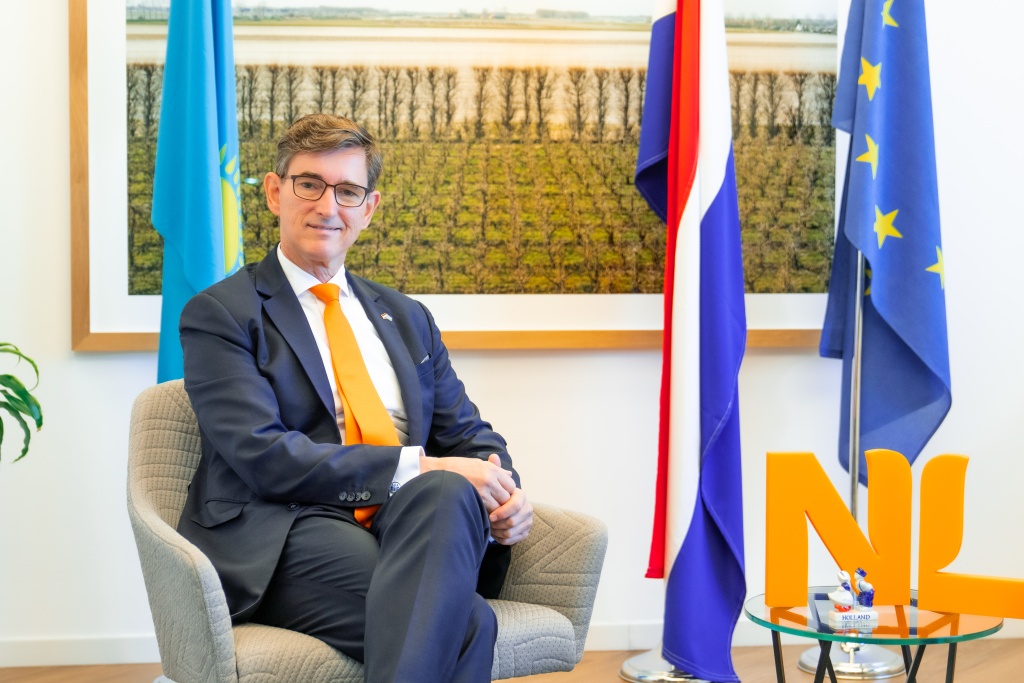
Some countries focus more on agriculture because they are downstream and rely on rivers for water. Others, like Kyrgyzstan and Tajikistan, are mountainous and produce water. Some nations are rich in oil and gas, making them wealthier than others. Differences in political systems, population composition, and economies make each country distinct, and that is what makes the region so interesting. This is what I try to emphasize in my work: Central Asia comprises five different countries with their unique perspectives, yet they are interconnected.
Activities in Central Asia
Our relations began when Kazakhstan gained independence. The Netherlands is Kazakhstan’s largest investor, with around $120 billion invested over the past 30 years. Companies like Royal Dutch Shell have invested heavily in the oil and gas sector. Although Shell is no longer a Dutch company but a British one, we continue to collaborate closely. After Shell, many other companies followed — engineering, consulting, valve and pipe manufacturing, and water resource management companies — all came to support the oil industry and build infrastructure. These companies contribute to both our economies.
Our mission is to represent the Netherlands’ brand to Kazakhstan and vice versa, to introduce Kazakhstan’s brand to my country.
I visit many universities to talk about the Netherlands. We assist Dutch companies in visiting the region. Our agricultural advisor organizes large fairs showcasing Dutch products and technologies, strengthening cooperation.
We are also interested in the political decisions made by Kazakhstan and other Central Asian countries. We believe we share common values. My country pioneered international law, as we were a small state surrounded by larger ones that often fought over our territory. Kazakhstan may find itself in a similar situation. International law can establish rules for dealing with large neighbors.
We also prioritize human rights, as we consider them a fundamental principle. These core values guide us, and we hope to bring them to the region. The Dutch Embassy in Kazakhstan is among the leaders in promoting human rights.
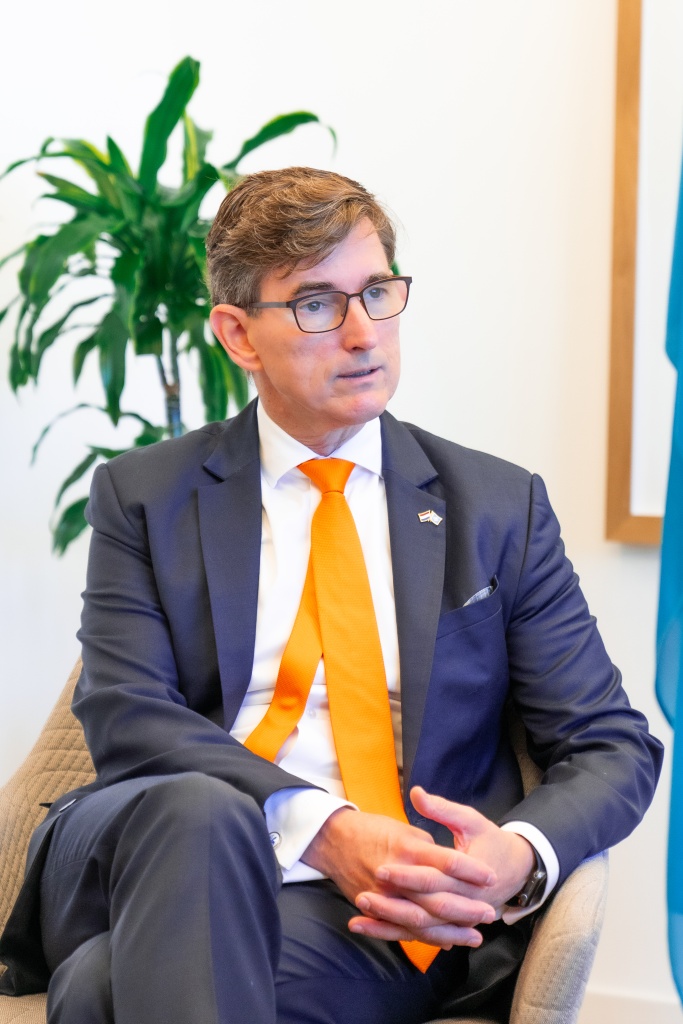
Water cooperation is another crucial area. Kazakhstan experienced floods earlier this year, and our then Prime Minister, now NATO Secretary-General, visited the country to discuss the issue with Kazakhstan’s president. It was decided that the Netherlands would work with Kazakhstan on water management. We sent an expert mission to help Kazakh specialists with forecasting and calculations to predict water behavior and develop measures to mitigate risks. Since then, three more expert missions have come to Kazakhstan to train specialists in using the latest Dutch technologies.
The Netherlands is 40% below sea level, at the confluence of three major European rivers. This means we need to manage water systems carefully. For example, if there’s heavy rainfall in Switzerland, we know that flooding will threaten us within a week and must take action. Similarly, if there’s a storm in the Atlantic, we know that in two days, the North Sea’s water level will rise significantly, and we need to close the dams to prevent flooding. We’ve built this expertise over 17 years, not only using our systems but also consulting with experts from other countries.
This is why we seek to collaborate with you. We bring our knowledge while studying Kazakhstan’s water management challenges, which can provide us with new ideas applicable elsewhere in the world.







